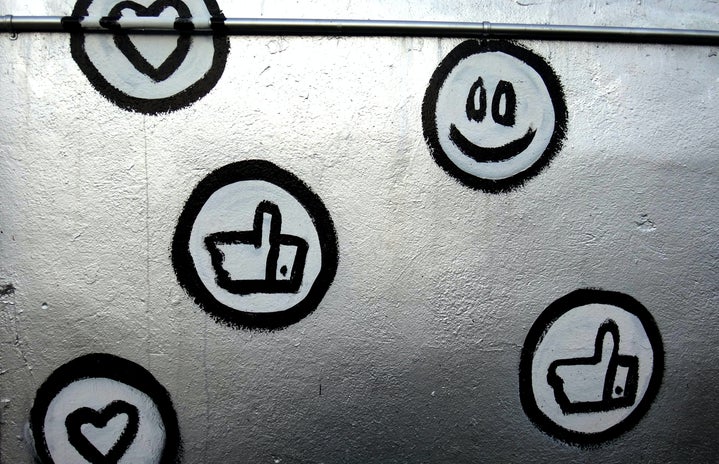As a fairly young form of communication, social media is often frowned upon as a millennials waste of time. We have our parents frowning at us for, “always being on our phones,” or chastising us for being concerned about Instagram likes or Twitter re-tweets. While there is some merit to these criticisms—mainly, the effect that social media has on self-esteem issues in teenagers—there is a huge positive online social justice movement that can take action across different platforms of social media. We’ve seen it with Black Lives Matter, the Flint water crisis, and, most recently, with the Dakota Access Pipeline.
The fight against the Dakota Access Pipeline is multifaceted. Firstly, while fracking oil provides jobs for many people, according to sources, such as The Guardian, fracking has potentially caused “contamination of water” and “health problems”, besides an obvious environmental impact. Additionally, one of the most pressing issues of the Dakota Access Pipeline hits on the contentious relationship between the United States Government and the Indigenous People of America.
Historically, the Indigenous people have suffered widely at the hands of the U.S. government, and this Dakota Access Pipeline adds to this long list of grievances. The Sioux of the Standing Rock Reservation fear the contamination of water that the DAPL would cause within their main water source, the Missouri River. Adding salt to this already deep wound, according to the Huffington Post, the DAPL was initially planned to be further north near Bismarck, North Dakota—until the people of that historically white community complained, and it was rerouted to the Sioux reservation of Standing Rock without the appropriate approval. However, the struggles of indigenous people in this country typically go unnoticed—until the protest efforts were shown on social media.
One complaint that can never be filed against social media is that it moves slow—for an impatient person like me, anything you need is immediately found at your fingertips. Having that much access to information can be incredibly overwhelming, but nevertheless, educational. In this way, social media’s effect on the Dakota Access Pipeline has been incredible. In just one day, my Facebook feed was covered with check-ins to Standing Rock Reservation. Now I doubt that all of these people knew exactly what they were standing for. I do not believe that is the point. The point is that, with one click, you can show your support for a struggling group or individual.
With social media tools such as these ‘check ins’ and ‘live streams’ of the peaceful protests, people from across the world can be instantly informed of the injustices that are happening to the Sioux people at Standing Rock Reservation. People are beginning to see that, despite the projected economic growth of the DAPL, its ultimate harm to people of America is unwarranted. Unless we want to stand and say that the Sioux people’s lives matter less—which, on multiple occasions, the United States has done with their various decrees—we need to protest this pipeline. Discrimination against the Indigenous people needs to end. And whilst social media is not the permanent solution to this problem, the exposure from it will certainly propel awareness of this issue in a way that can lead to its resolution.
Resources to Aid Standing Rock:
1) Donate to Standing Rock Sioux
2) Donate to the Legal Defense Fund
3) Donate from Sacred Stone Supply list



